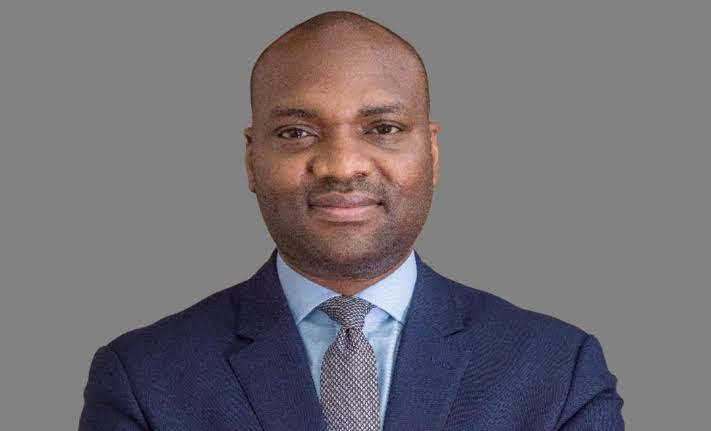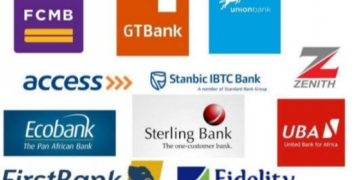The Nigeria Sovereign Investment Authority (NSIA) has charted its course for 2024, outlining strategic priorities aimed at bolstering its foundational operations, workforce, and overall effectiveness. the managing director/chief executive officer of NSIA, Aminu Umar-Sadiq highlighted these priorities during a media engagement to present the NSIA’s earnings for 2023.
Umar-Sadiq emphasised four key areas of focus: enhancing fiscal responsibility, attracting foreign investment, becoming the environmental, sustainability, and governance partner of choice, establishing a long-term saving mechanism, and ensuring effective project execution. He underscored the importance of operationalising subsidiaries to attract capital effectively and achieving household recognition akin to previous successful ventures such as the Development Bank of Nigeria and Infracredit.
The four priority areas include, Enhanced fiscal responsibility; Attracting foreign investment; Environmental, Sustainability and Governance partner of choice; Long-term saving mechanism; and Effective project execution.
He said, “So in terms of our strategic priorities, I think there are four. The first is all of these subsidiaries that we have mentioned to continue to operationalise them to make sure that they actually are able to disburse that attract capital operationalise effectively so that they become kind of household names that are previous subsidiaries like Development Bank of Nigeria, Nigeria mortgage financing company into Infracredit already have.
“And then the second is around operational excellence and efficiency. We have a very broad and ambitious digitization and distribution strategy. We have a lot of cost efficiency strategies to continue to outperform on the cost efficiency side as effectively as we continue to do on the financial performance side.
“The third is around innovation and strategic growth. So continue to focus on those new sectors and continue to lead the pioneering and transformative in terms of the initiatives that we put in place.
“And then lastly, and importantly, continues to build strong stakeholder relationship management with our regulators, with our strategic partners, with our DFIs to ensure that we continue to undertake all of our pretty broad mandates as seamlessly as possible,”
In its 2023 financial report released on 28th of March, the NSIA stated that it raked in a Profit After Tax of N1.184 trillion up from N102.351 trillion representing a 1,122 per cent growth over the 2022 figures.
In its 11 years of operations, the Authority continues to record positive earnings with a cumulative growth rate of 117.3 per cent. This is despite the challenging global macroeconomic and geo-political landscape.
Also, its net assets grew 119 per cent to N2.22 trillion in Dec-23 (Dec-22: N1.02 trillion).
“NSIA’s core Total Comprehensive Income (excluding foreign exchange gains) rose from N21.39 billion in the previous year to N164.69 billion, marking a 670 percent increase attributable to the Authority’s robust strategic asset allocation and adherence to best-in-class enterprise risk management processes,” it said.
He said the NSIA is not only focused on making money but also impacting lives, and said its impact has been seen in the number of employment it has been able to generate in the economy.
Umar-Sadiq said more than 245,000 direct jobs and an estimated 200,000 indirect jobs have been created across various sectors of the economy.
He further revealed that a total of 236,000 farmers have so far been supported by the Authority through its various agro projects.
“13,504 affordable houses under construction; 3 hospital projects with over 282,100 patients served and 150,000 chemotherapy sessions; over 3,500 youths received formal education through partnered educational institutions; three projects in motorways with a length of 515.4km,” he stated.
He said the fertiliser blending plant in Akwa Ibom would help to address the issue of over-reliance on imported raw materials.
“The MRPL is called the multiple choice industrial platform project. It is actually an offshoot of the presidential fertiliser initiative. So the Presidential fertiliser initiative briefly is a backward integration strategy so that we can start supplying them.”




